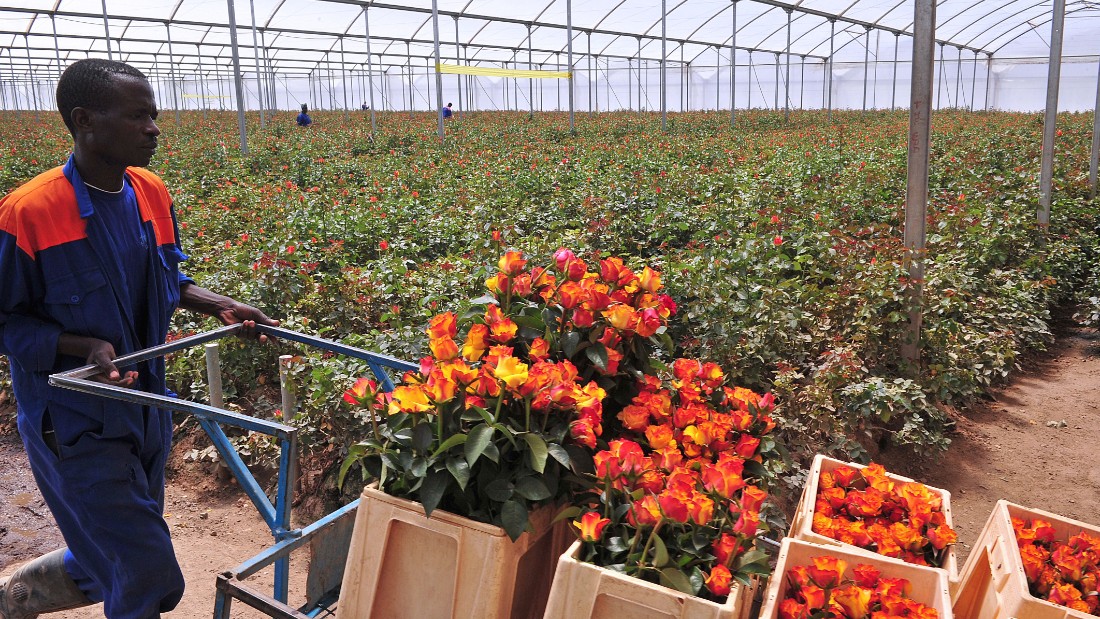Reject trade deal with EU, East African countries warned
Standard Digital | 4 July 2016
Reject trade deal with EU, East African countries warned
By Moses Michira
East African countries have been asked to reject the impending trade deal with the European Union.
Kenya and the four other nations of the EAC are required to ratify the Economic Partnership Agreement (EPA) before the end of the month, gradually grating unlimited market access for exports from the EU.
We must critically analyse what this agreement means for the EAC, it is dangerous for our trade,” said Nathan Irumba, the executive director of the Southern and Eastern Africa Trade Information and Negotiations Institute (Seatini).
He was speaking at the close of a trade conference seeking to examine the impact of the EPA on the East African countries. EAC has been negotiating with the EU as a trading bloc. Failure to sign up would mean steep taxes on commodities such as flowers produced in Kenya, which is classified as a lower-middle-income economy.
Kenyan flower exports were heavily impacted when the EU slapped heavy taxes of up to 12 per cent some two years ago after the lapse of the preceding agreement, forcing President Uhuru Kenyatta to sign the agreement.
Other EAC nations are classified as Least Developed Countries and would still qualify for preferential treatment in trading with the rest of the richer World. The impending exit of the United Kingdom from the EU, commonly cited as Brexit, has already reduced the European market by 65 million to prompt a review of the agreement.
It is envisaged that the EU will have free access to the East African market in 25 years under the current trade pact. In exchange, the EAC has been granted immediate duty-free quota-free market access to Europe.
Godfrey Mwambe, the Director of Trade and Investment in Tanzania, told the conference that trade volumes between the EU and the EAC was fast declining and called for a review of the pact whose negotiations have been ongoing for over a decade.
“Other regions are becoming more important trade partners than the EU so we really need to review this agreement before it is ratified,” Mr Mwambe said. Allowing the 28-member States of the EU free market access in exchange of tax-free exports from the EAC is feared would kill home-grown firms- which are only at their infancy.
“It is the large corporations that are benefiting from the agreement and not the small-scale farmers,” said Rebecca Tanui from another organisation called Building East Africa Community Network (Beacon).
Most of the exports from Kenya to the EU are agricultural produce, mostly flowers, coffee and tea.
These commodities are produced by multinational corporations who could be arm-twisting the Government to ratify the agreement, explained Ms Tanui.
Her views reflect the fears raised by an arm of the United Nations only two months ago. The Economic Commission for Africa (ECA) warned that Kenya risked killing its own industries if the agreement is sanctioned.
EPA which was entered in October 2014 with the EAC opens up the local markets to competition from European products.
“This deal might adversely affect Kenyan industries, however, through increased competition from the European Union,” reads the caution contained in a report compiled by the ECA.
Kenya was forced to sign into the agreement after intense negotiation with its neighbours on what actual benefits it would have, when weighed against costs, which include dumping.
Under the agreement, Kenya and the other regional countries have enjoyed quota-free and duty-free market access in Europe. But in reciprocation, the EAC countries would gradually open up their markets to imports from the more developed EU members.






